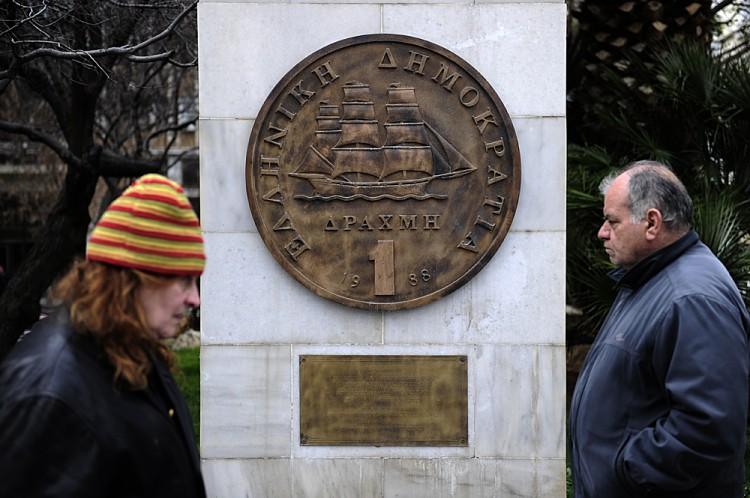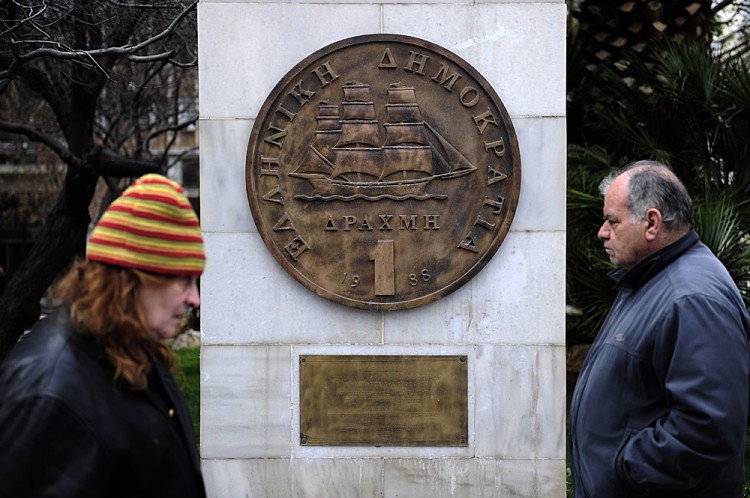NEWS ANALYSIS
MUNICH—All eyes are on Greece’s next election on June 17, which will determine the future of Greece continuing as a member of the Eurozone—and thereby use of the euro currency—or go back to using its old currency, the drachma.
The new government could either be pro-euro, and enforce the austerity measures, or just as likely, not put up with radical budget cuts and try to renegotiate the reforms and austerity measures with a softer tone.
Recent polls showed a rise in support for the pro-euro New Democracy party, but experts have cautioned against following these polls too closely, as Greek voters appear to be changing their minds on a daily basis and the elections are still weeks away.
The question becomes, then, will Europe be willing to accept any relaxation of the austerity measures that were negotiated under the previous Greek government? It could come down to a battle between France and Germany to either promote growth or stringent savings for Greece. Germany would take the side of austerity measures and tough discipline, while France, under its new president, will push for more spending and loans to stimulate growth.
“We want Greece to stay in the euro, but we insist that Greece sticks to commitments that it has agreed to,” German Chancellor Angela Merkel told reporters last week.
New French president Francois Hollande is of another opinion. “The idea is to put energy into the growth motor. All the member countries don’t necessarily share my ideas. But a certain number expressed themselves in the same direction,” Hollande said.






